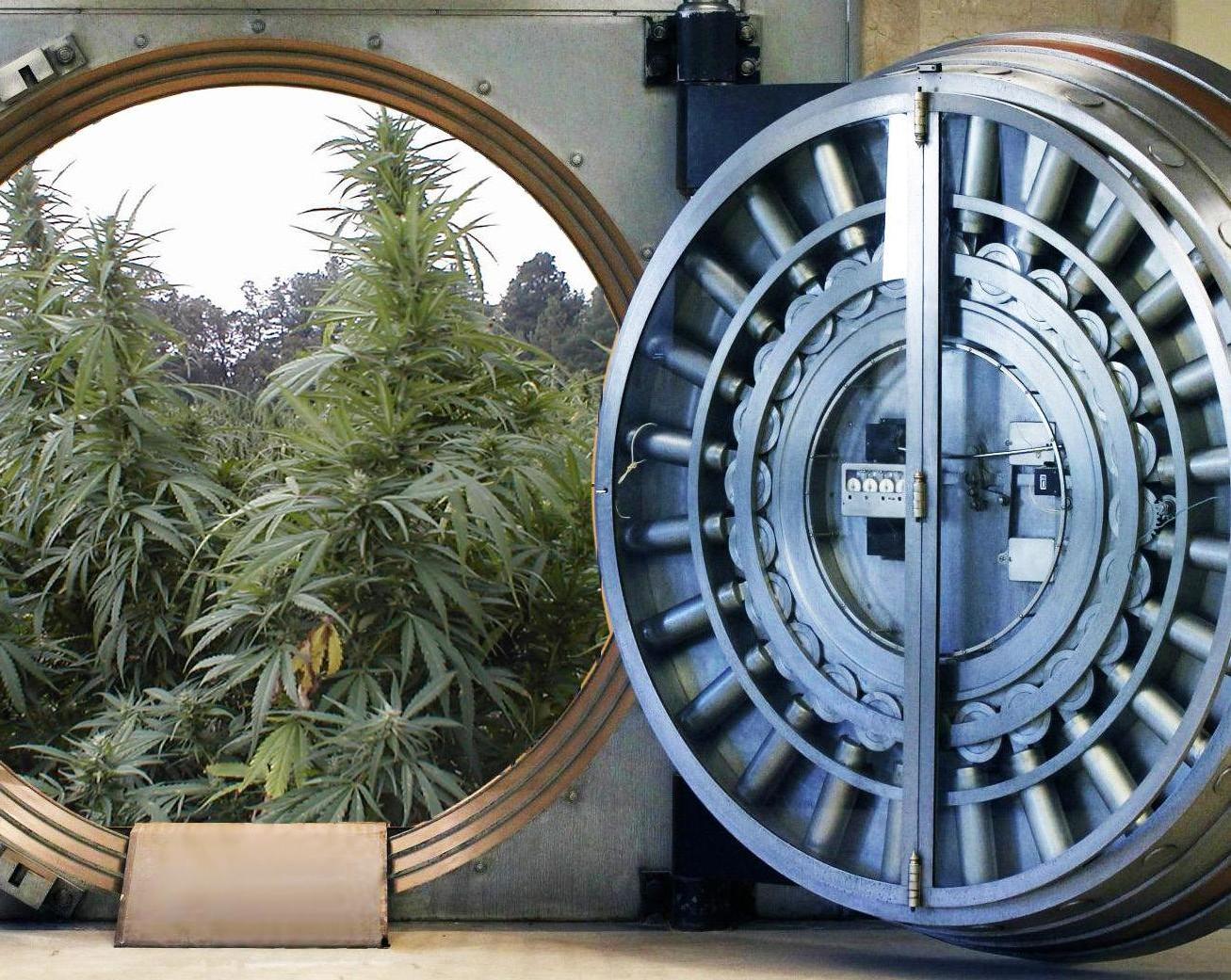
3 minute read
Regulations Nip Growers in the Bud
REGULATORY
Regulations Nip
Advertisement
Growers in Bud
BY CHRIS LARKIN
Four years into legality, the biggest regulatory issues facing the industry remains the taxing and banking disadvantages of running a cannabis business. More recently, they’ve been joined by another hassle -- excessive testing.
For cannabis business owners, the most dreaded portion of the federal income-tax code ever written is Title 26, Section 280E:
“No deduction or credit shall be allowed for any amount paid or incurred during the taxable year in carrying on any trade or business if such trade or business consists of trafficking in controlled substances (within the meaning of schedule I and II of the Controlled Substances Act).”
This regulation made total sense in the “Miami Vice” days, when drug dealers were writing off Colombian-financed yachts with names like The High Life.
“But today, you’ve got businesses that are heavily taxed and pay enormous licensing fees, in addition to all of the challenges that any businesses have,” says Chris Lindsey, legislative analyst for the Marijuana[Cannabis] Policy Project Lindsey. “Oh, and by the way, you can’t write anything off, so you will be taxed on your gross.”
As Lindsey points out, there are strategies available to offset this burden, but the only complete relief will occur when either the Internal Revenue Service rewrites its code to recognize the authority of states to legalize, or when marijuana[cannabis] is no longer mislabeled a Schedule 1 drug.
Behind door number two is banking, Lindsey says, where a perfect storm of credit frailty, untested waters, and a higher hurdle for doing business combine to force most marijuana[cannabis] businesses to deal strictly in cash.
“The bar is a lot higher for cannabis-related businesses,” Lindsey says, citing the 2014 policy memo from federal bank watchdog FinCEN that provided strict guidelines to financial institutions for how to deal with cannabis businesses.

“At the same time, a lot of cannabis-related businesses are startups,” Lindsey continues. “These guys may not have much equity, or even a resume. So a bank is looking at this, saying, Here’s an untested business, that sells cannabis for a living, and look at these reporting requirements I’m going to have to do.
“Is this really an account that’s worth the effort?”
Testing is a newer problem, as Lindsey notes. The federal government requires that all medicine be tested. Of course, there can be no federally licensed testing of a Schedule 1 substance, so it falls on state regulators to create the licensing and all the pieces -- including testing standards.
“There’s the perception that cannabis needs to be tested and tested,” Lindsey says. “That has created this everincreasing standard in some states that presents a real challenge to businesses.”
According to Lindsey, growers already have no idea whether they can sell a batch of products until the very end of a production process that requires months of work.
“If a sample fails, the entire batch must be destroyed, and the cultivator or processor eats the cost and starts over,” he says.
In some cases, new regulations will have been introduced during the growing period, shattering any hope of ever bringing that product to market.
“That’s a tough place to be,” he adds.
Lindsey says he’s optimistic that everything will sort itself out, however.
“We’re shifting from no regulation to regulation,” he says, “So as long as the industry continues to work with agencies, and governments continue to listen to the needs of the people it serves, then I think we’ll get there.” C










